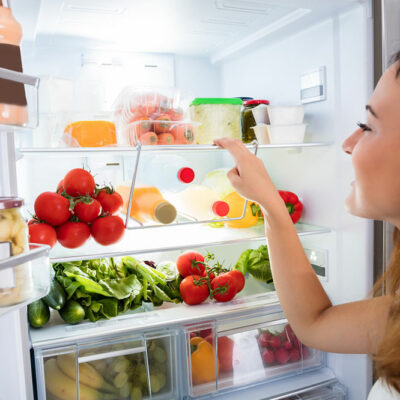
The Worst Trigger Foods for Colitis
The inflammation and irritation of the colon is the hallmark of colitis, an inflammatory bowel disease (IBD), similar to Crohn’s disease. People with colitis and Crohn’s disease may find grocery shopping stressful. When trying to eat well, it’s hard to know which foods to avoid. Following your doctor’s recommendations for diet and nutrition is the best way to treat colitis.
Here are five foods you should stay away from if you have colitis:
1. Dairy from animal sources
Dairy-products can cause inflammation, especially if you have colitis. Among other reasons, dairy-products are high in fat, calories, and protein. It also contains a lot of lactose, which can cause symptoms like cramps, bloating, and diarrhea when consumed by people with active colitis. If you want to avoid dairy-products, there are plenty of alternatives. For example, you can use soy, almond, or oat milk instead of cow’s milk or try almond milk instead of regular milk. You can also find lactose-free cheeses at your local grocery store.
2. Corn
Corn and corn meal contains many different types of carbohydrates, which causes digestive issues for those with colitis. In addition, corn-crop high carbohydrate content contains phytates, lectins, and saponins, which cause inflammation in the digestive system and aggravate colitis symptoms. Corn also contains high amounts of starch, which can cause diarrhea. It’s also a common allergen, so it’s best to avoid it if you have IBS.
3. Butter, margarine and other fatty spreads
While butter and margarine are great for cooking and baking, they shouldn’t be a staple of your diet if you have colitis. That’s because these fats contain large amounts of milk protein, irritating your colon. Instead of butter and margarine, opt for olive oil, coconut oil, and other vegetable oils when cooking or baking. These fats won’t cause inflammation in your colon.
4. Carbonated beverages
Patients with colitis should avoid carbonated-beverages because they cause gas, bloating, and diarrhea. In addition, carbonated beverages can trigger painful gas and inflammation in the colon, one of the colitis’s main symptoms. It also contains phosphoric acid, which causes damage to the lining of the small intestine. To avoid sugary pop or soda, make sure you drink a naturally sweetened beverage, like 100% fruit juice or water!
5. Caffeine
It is not recommended to eat or drink excess caffeine if you have colitis. Colitis is an inflammatory bowel disease that causes diarrhea, abdominal pain, cramping, and sometimes fever. The condition can be exacerbated by caffeine and coffee.Coffee and other caffeinated drinks contain “methylene chloride” (dicofol). When ingested in large quantities, methylene chloride damages the intestinal lining. It can cause inflammation in the colon, leading to colitis-symptoms like diarrhea, abdominal pain, and cramping.
It’s important to note that avoiding all the above foods is unnecessary if you have colitis or Crohn’s-disease. It would help if you instead tried to follow a healthy diet and eat as many vegetables as possible while avoiding specific foods that cause problems in your body.


